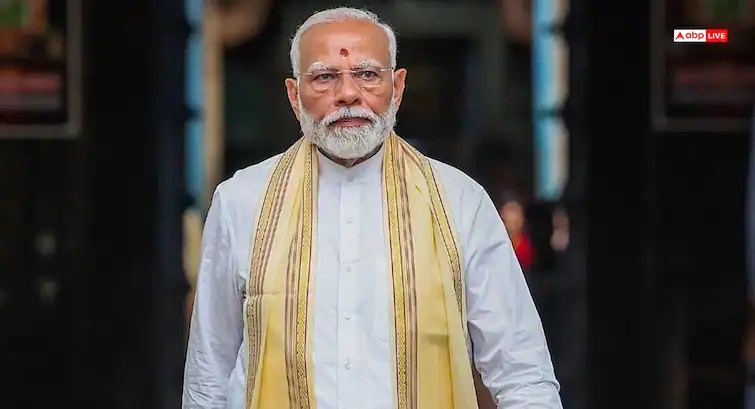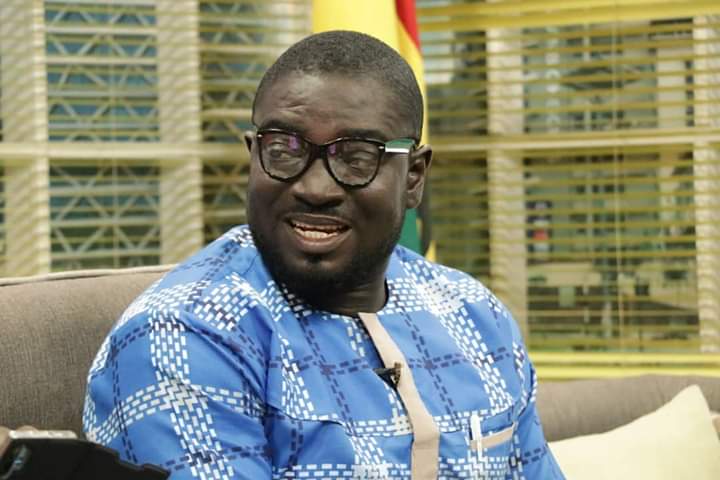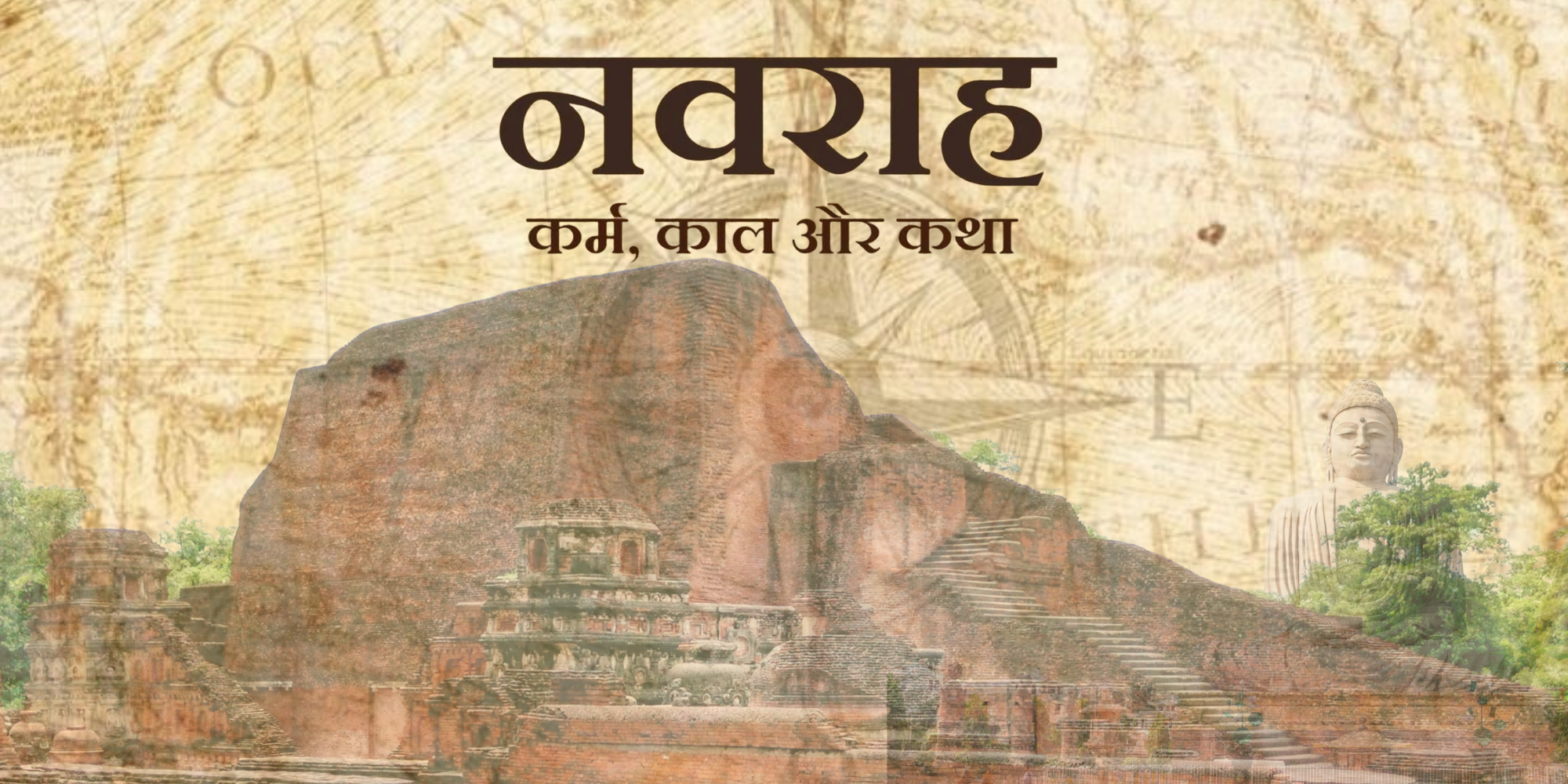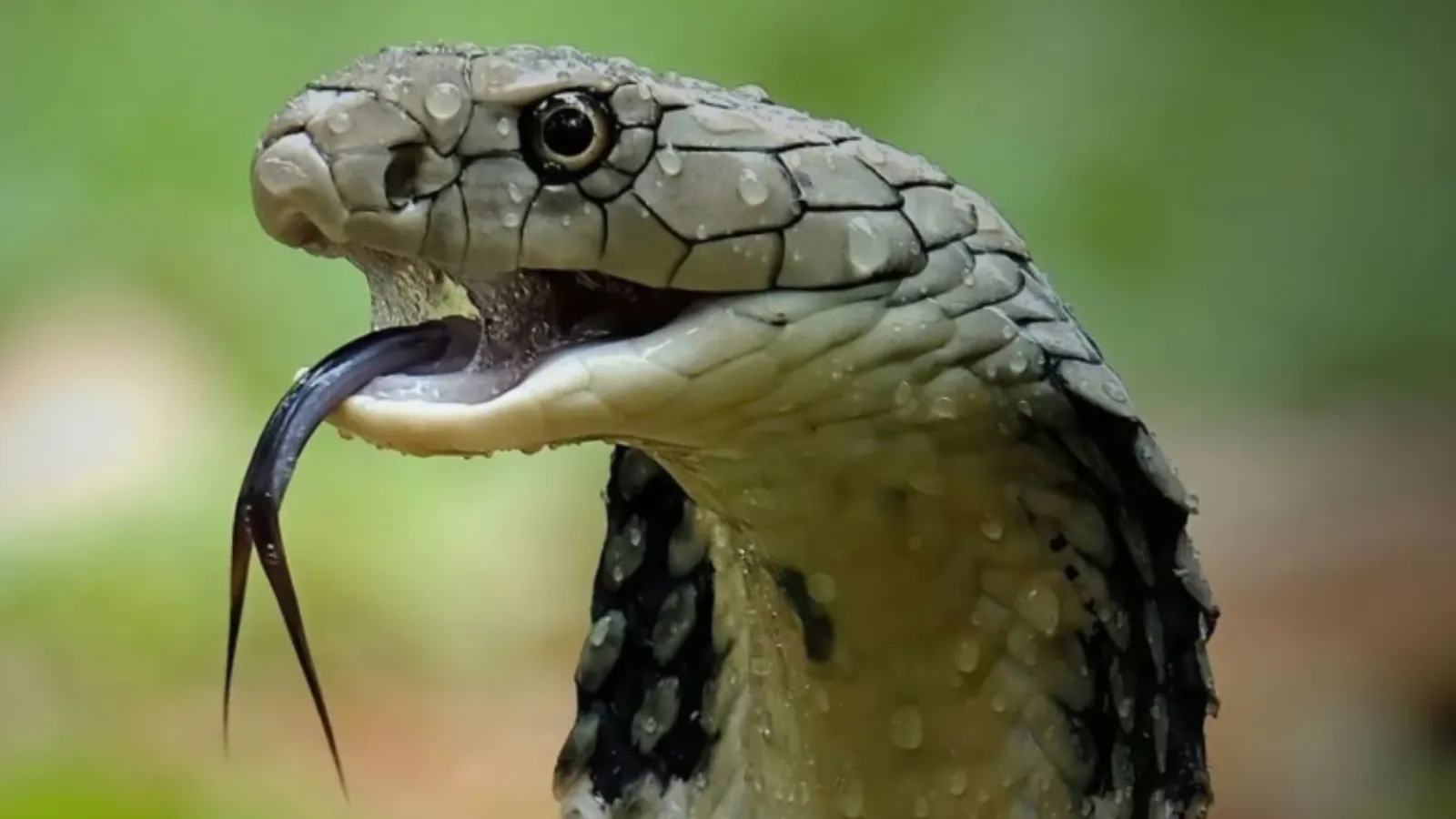By Senior Contributor,Steve Baltin,Terence Rushin
Copyright forbes
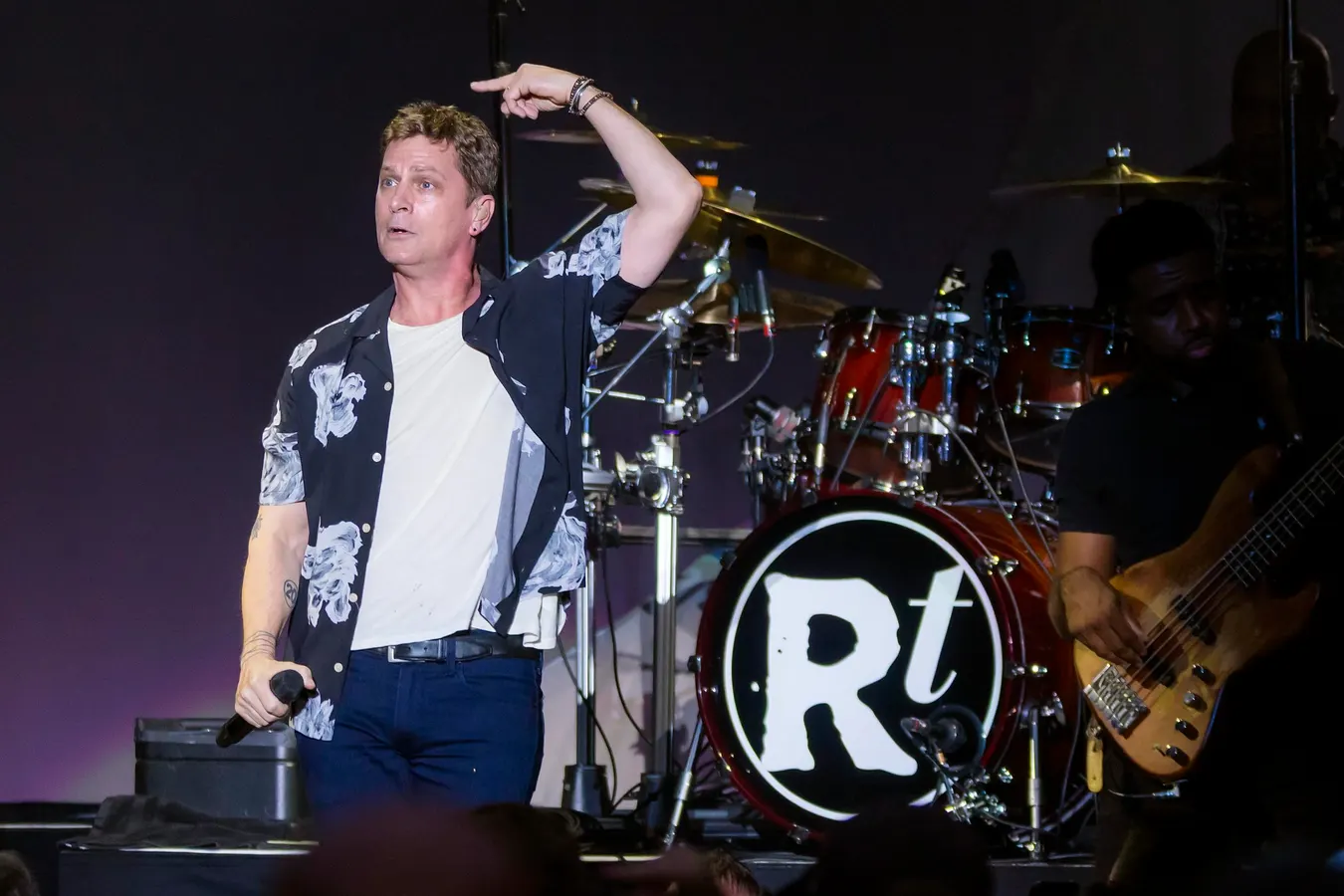
ATLANTA, GEORGIA – AUGUST 01: Rob Thomas performs onstage during “The All Night Days Tour” opener at Synovus Bank Amphitheater at Chastain Park on August 01, 2025 in Atlanta, Georgia. (Photo by Terence Rushin/Getty Images)
Getty Images
Rob Thomas is a bit of an anomaly in music. In the 1990s he burst onto the charts with Matchbox Twenty when the band’s 1996 debut, Yourself or Someone Like You, sold a staggering 12 million copies in the States alone.
So, Thomas was a pop/rock star. At first. But in later years, he scored a massive hit with Carlos Santana on the song “Smooth,” and wrote for the likes of Mick Jagger and Willie Nelson.
As much a songwriter as a frontman, Thomas is a true musician. By that I mean someone who lives and breathes music and makes it their life.
The career artist just released the superb solo album, All Night Days. I spoke to Thomas about the new album, the honor of writing for Nelson, his friendship with George Michael and more.
Steve Baltin: Today is the fiftieth anniversary of , which is my favorite album of all time, so I was just writing about it. What is your favorite album of all time?
Rob Thomas: The first one that pops up is Full Moon Fever (Tom Petty). I think that might be the one that I’ve worn out the most. But Willie Nelson had a record called Greatest Hits & Some That Will Be), which I just thought was a great title. And it had some of those songs like “My Heroes Have Always Been Cowboys,” but it also had like “I’d Have to Be Crazy.” That was one of the first albums I ever bought. So that one, even when I see the cover, it hits a little special spot.
Baltin: I love Willie Nelson. I just interviewed him a couple months ago, the coolest guy in the world.
Thomas: I spent a year in his universe because I wrote three songs for him. Then we did one of them together on [David]
MORE FOR YOU
Letterman and he had Matchbox Twenty come be his backup band for a TV show for his birthday. For a year I just kept orbiting, it was a lot of time hanging on his bus and listening to these unbelievable stories. Obviously through his music you can tell he’s a storyteller. So, when you actually get a chance to just get in the tractor beam of him, it feels very special.
Baltin: You’ve worked with Carlos; you worked with a lot of people. Imagine though the thought for you as a kid knowing that you would write songs for the man who wrote “Crazy.”
Thomas: Man, when I sat in my house when I was still living in Breyer Cliff in Westchester and I got the three songs back. The early stages of it when Willie sang them and I cried real tears in my living room just hearing that voice that, growing up in the south, it was Willie Waylon [Jennings]
, Merle [Haggard], that was it. So, hearing that voice sing my words is still one of the proudest things in my life. If I had never done anything else and I was just sitting around telling my friends that I wrote three songs for Willie Nelson I would dine out on that for the rest of my life.
Baltin: I was always so fascinated with all those guys in The Highwaymen – Willie, Waylon, Johnny Cash and especially Kris Kristofferson.
Thomas: My manager, when he was younger, used to get mistaken for Kris Kristofferson all the time. And because he was managing George Michael and David Bowie he was always out amongst music people. So, people would always be like “Kris?” And he’s like, “I’m not Kris.”
Baltin: Your manager managed David Bowie and George Michael?
Thomas: Yeah, he managed David Bowie during the Diamond Dogs period. Then he managed George during the Faith period and then again right at the end of his life.
Baltin: Did you ever get to meet George?
Thomas: Oh, many times. My last memory of George is him and I went to go see Avatar together in Australia and then got into a fight in the elevator on the way out about whether it was good or not. When you asked George, he would tell you no.
Baltin: I got to interview him once. Amazing guy. It was for the last tour he did of America.
Thomas: I was at the New York show for that. My wife and I went on tour with him when he did Europe. We would go to Rome for a few days and then the tour would arrive there and we’d all hang out and see the show and then go to Greece. But it was amazing because at a time where people in America were like whatever happened to George Michael, overseas he’s playing to 60,000 people in Rome and 60,000 people in Greece. I think it’s part of the culture over there. They don’t eat their young as much. They have a reverence for musicians that they grew up with and older musicians in Europe more than they do here.
Baltin: To me, George is besides Prince, the greatest male pop star.
Thomas: Sure. And one of the best producers. A lot of people don’t realize that he wrote and produced all of that stuff. That production was stellar.
Baltin: I was going to say talk about what you learn being around people like that.
Thomas: Watching George perform, I learned the power of being still on stage. I was always fidgety and felt like you’ve got to be doing something, but to watch him alone on a stage, he’d command tens and tens of thousands of people and just stand there. And the longer he stood there, the louder they would get, and he never felt the need to pander to them. He was performing for them. As a performer, there are a few guys, in a much different way, Dave Gahan, I think, is one of the best: Michael Hutchence, probably one of the best performers. Annie Lennox, there are just a few like that. I think if you’re paying attention, everything can be school. One of the things I got from Mick Jagger was that he writes like I write, which was a very comforting thing to see him fuss around with a melody and form the lyric that he’s trying to find and kind of suss it out in his head. Only when he does it, he does it like Mick Jagger but other than that it’s inspiring to see. Anytime that you can gleam, especially because writing is such a weird magical thing because it’s like hearing a song that doesn’t exist yet. You just hear a melody in some radio station that’s in your head and trying to pull it down and conjure it up into a physical thing, it always amazes me every time I do it. I feel like the most creative person in the world and then within a day I feel like I’m a f**king hack again, and I have to go write another song to start feeling creative again.
Baltin: What’s the one Beatles song you wish you’d written?
Thomas: There’s a song, “Two of Us,” even though it’s a very happy song, it makes me very sad. It is dipped in sadness. Like when he says, “You and I have memories longer than the road that stretches out ahead.” I think maybe at 16 that wasn’t true, I didn’t get it as much as I do at 53.
Baltin: Going back to your stuff then, are there songs that change because you have different experiences you bring to it?
Thomas: Yeah, I think one of the things I’ve always tried to do is try and continue to keep writing to be as visceral as possible and not try to know what I think I’m writing about or what kind of style I’m writing in and not worry about genres and just write to my mood. Because of that there are certain songs from the first Matchbox Twenty albums that we don’t play anymore because when we listen to them now, they don’t sound genuine. There’s a sort of ‘90s manufactured angst in there that maybe didn’t feel manufactured at the time, but we don’t feel that angst now. So, playing those songs feels disingenuine and that’s why some of the songs now I’m not afraid to be sentimental or schmaltzy or happy or yacht rocky, I just don’t care anymore.
Baltin: Do you have a recurring theme in your writing?
Thomas: I think that I’ve written songs for years just about how people relate to each other. I’ve been writing songs about moments that all of us have and then how those moments make you.
Baltin: For you, have there been songs you’ve written that were so personal, you’re surprised by the fact that other people identify with it in a way?
Thomas: Yeah, I always say if I write a song about me and my wife and something very personal and it’s very special that specifically her and I have gone through. It’s not my job to tell the listener that specific thing that my wife and I went through. It’s my job to write about how that thing makes me feel because you probably understand that feeling. And it attributes to something totally different. Like “3 AM” is a song that I’ve played every show solo or Matchbox for the last 30 years. It was a song for me about when I was young and my mom had cancer, and I had to take care of her. But it’s been played at people’s weddings. It’s been used for familiar relationships, romantic relationships, friendships, and people have just attached it to their lives in whatever way sees fit. And I think that’s the job. I think the writer should be non-existent in the song.
Editorial StandardsReprints & Permissions
